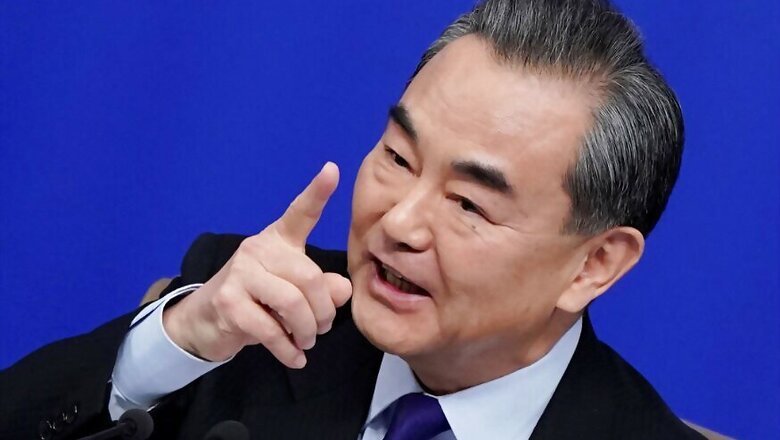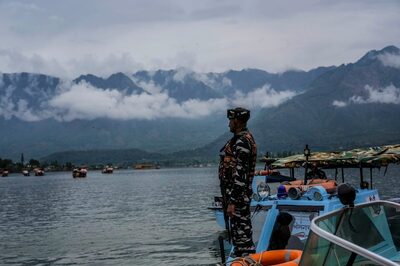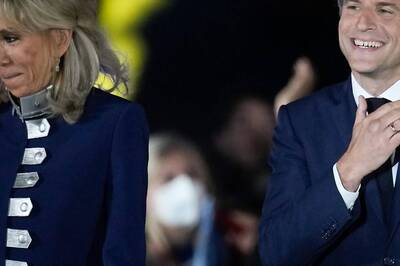
views
Beijing: Chinese Foreign Minister Wang Yi was elevated to the top diplomatic position of State Councillor on Monday which could make him the new Special Representative for India-China boundary talks, according to officials.
Wang, 65, would also continue to head the Foreign Ministry, becoming the first Chinese official to hold the dual post in recent years.
He has been likened to a "silver fox" in China's state media, and online, for his looks and his staunch defence of Chinese positions, which has won him a loyal following. Foreign diplomats say he can be suave and charming, as well as tough.
Wang's name for the post of State Councillor and Foreign was endorsed by the parliament - the National People's Congress (NPC), state-run Xinhua news agency reported.
Chinese Premier Li Keqiang proposed Wang's name as part of a new set of officials to head various positions for the next five years in the government headed by President Xi Jinping.
In Chinese power hierarchy, State Councillor is ranked higher than Foreign Minister and considered as the top diplomat of the country. The State Councillor is responsible for ensuring the implementation of the policies of the ruling Communist Party of China (CPC).
Wang succeeds Yang Jiechi, 67, who last year has been elevated to become member of the politburo, a high ranking body of the CPC headed by Xi.
By virtue of being the State Councillor, Wang is also expected to succeed Yang as China's Special Representative for India-China boundary talks, though officials say the Chinese government's position will become clear only after an official notification.
National Security Advisor (NSA) Ajit Doval is India's Special Representative.
Under this mechanism, the two countries have so far held 20 rounds of talks with limited success.
The Special Representatives mechanism is widely regarded a key post as its plays a major role in providing a broader policy framework for the course of the India-China relations because the two officials have the mandate to discuss the whole gamut of the relations during their annual meetings.
A suave and articulate carrier diplomat, Wang served as China's Vice Foreign Minister, China's Ambassador to Japan and Director of the Taiwan Affairs Office.
A fluent speaker of English and Japanese, he took over as Foreign Minister from Yang in 2013.
Chinese Foreign Ministry officials say under his stewardship, the Foreign Ministry has acquired higher profile unlike in the past when it worked under the shadows of the CPC and the military.
He along with Yang were expected to play a bigger role in strengthening China's influence in the neighbourhood and beyond under the leadership of Xi who is now set for a longer tenure, perhaps for life as China's leader heading the CPC, the military and the presidency following the removal of the two-term limit for the president.
On March 11, the NPC regarded as the rubber stamp parliament had ratified the constitutional proposal to remove the two-term limit followed by Xi's predecessors.
While outlining Beijing's foreign policy perspectives earlier this month, Wang had called on both the countries to shed "confrontationist stance" on issues of differences.
"The Chinese dragon and Indian elephant must not fight each other but dance with each other," he had said, adding "if China and India are united, one plus one is not equal to two but eleven".




















Comments
0 comment